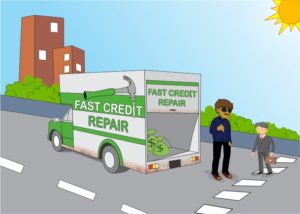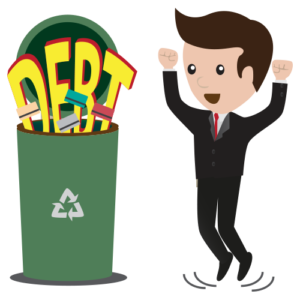How To Challenge An Error On Your Credit Report
 When you’ve got a bad credit score, it can cause you no end of problems when it comes to borrowing money or buying anything on credit. The key to sorting out your credit score is paying off all of your existing debts but you can get a head start by challenging any errors on your report. People don’t often realize it but it’s very common for your credit report to have errors on it that can bring your score down. If you challenge them and have those errors corrected, your score could shoot up straight away. If you suspect that there are mistakes on your credit report, here’s how to challenge them and get them written off.
When you’ve got a bad credit score, it can cause you no end of problems when it comes to borrowing money or buying anything on credit. The key to sorting out your credit score is paying off all of your existing debts but you can get a head start by challenging any errors on your report. People don’t often realize it but it’s very common for your credit report to have errors on it that can bring your score down. If you challenge them and have those errors corrected, your score could shoot up straight away. If you suspect that there are mistakes on your credit report, here’s how to challenge them and get them written off.
Types Of Errors
There are quite a few different errors that can appear on your report. Repair.credit has some great information on identifying errors in your credit report. If you’ve been handed a court judgment that you’ve settled on time, that information might not be sent to the credit score company in time and it might go down as a default. If somebody steals your credit card and uses it, that could also go down as bad activity on your credit score as well if you don’t sort the problem quickly. Even simple errors like the bank displaying the wrong amount of money in your account can reduce your score.
Gather Evidence
If you’re going to challenge an error on your credit report, they won’t just take it off no questions asked. You need to be able to prove that there is a problem. Gather any bank statements or other paperwork that you have which shows where the error is. As long as you’ve got that evidence to back you up, you should be fine but without it, you’ll get nowhere.
Contact The Creditor That Made The Error
The first person that you need to get in touch with is whoever made the mistake in the first place. For example, if you’ve got a black mark on your report because of a missed credit card payment that you are disputing, you should contact your credit card company first. Time.com has more information on dealing with suspicious payments on your statement. If they have a record of the mistake then they can sort it out on their end and it should be wiped from your report.
Contact The Credit Report Agency
If the credit card company says that everything is right on their end then the error is presumably with the credit report agency. After you’ve established that the credit card company have got everything right, get in touch with the credit report agency and inform them of the problem. Send them the relevant documentation and they should be able to sort the problem out for you.
Check Other Agencies
Even though you’ve got it sorted with one credit score agency, that doesn’t mean the problem is sorted completely. There might be other agencies that are showing the same error so make sure that you check them all and contact each one and get them to rectify it. Checking them is free, so don’t leave any out.
An error on your credit report can cause you serious problems so make sure that you challenge them as soon as possible.
















